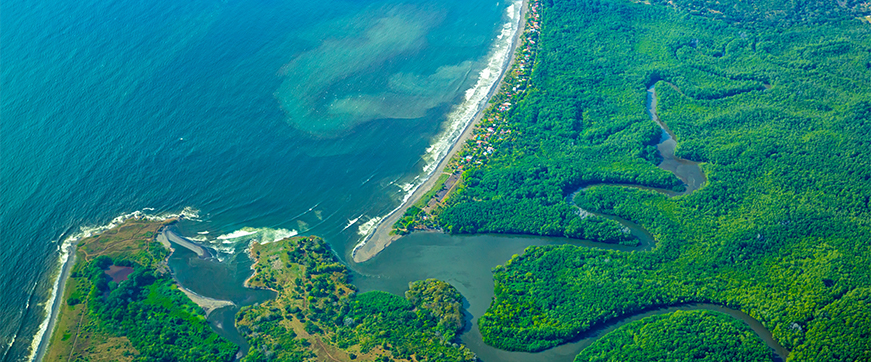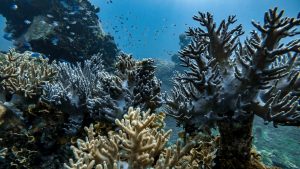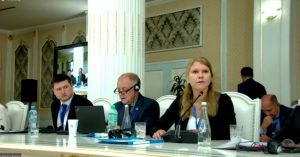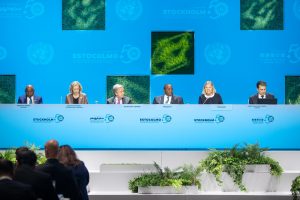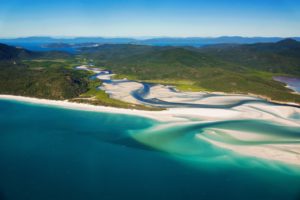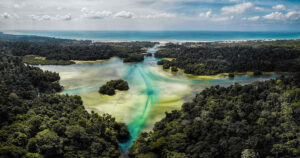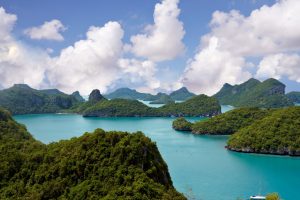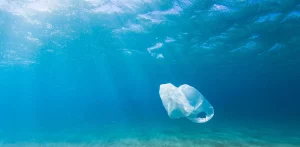Tackling land based pollution to protect our oceans: Time to join forces!
The freshwater and ocean communities must join forces and also collaborate with the private sector to reduce nutrient and plastic pollution flowing into the sea from land-based sources. This was the key takeaway message from a Source-to-Sea round-table meeting held in connection to the Our Ocean Conference in Oslo, Norway on 23 October 2019.
The round-table, the first of its kind, was arranged jointly by the Action Platform for Source-to-Sea Management and the High-Level Panel for a Sustainable Blue Economy. By bringing together representatives from many sectors – land, water, ocean, private sector, and bank representatives – it was possible to discuss concrete actions to reduce pollution from land-based activities that pass through rivers and waters into the ocean.
In his opening remarks Torgny Holmgen, Executive Director of SIWI stated that ”The water community is a key part of the solution, but we cannot do it alone. The S2S Platform has successfully mobilized the water community over the past years, but we cannot stay where we are. Solutions need to come from a broader array of partners – land use, ocean communities, plastics industry, municipalities, and of course the finance sector”.
Protecting ocean health and building a sustainable blue economy begins with sustainable development upstream. Human activities on the land, aquatic systems, and at sea, are imposing a heavy burden on marine ecosystems. This must be addressed through ongoing collaboration between public and private stakeholders on land, along river basins, and coasts to reduce land-based pressures on the ocean and also to discourage unsustainable practices.
One area highlighted in the discussions was the need for incentives, both sticks and carrots. While public opinion plays an important role, concrete regulation is also essential, since people are not always willing to pay extra for more sustainable products.
One example proposed is an idea from the Mindaroo Foundation to issue a levy on “virgin” plastics in order to increase incentives to recycle plastic and raise money for re-investment in waste management. In relation to financing instruments, Ingrid van Wees, Vice-President, Finance and Risk Management from the Asian Development Bank, emphasized the need for shared criteria and strategic approaches to increase the financing of “good assets” and to push “bad assets” in a more sustainable direction.
Vidar Helgeson, Norway’s Special Envoy to the High-Level Panel for a Sustainable Blue Economy, noted that “There is significant momentum to address the issue of plastics. We need to join forces also when it comes to agricultural runoff. There is a need for more successful examples in addressing diffuse sources of pollution.”

